Food, love, career, and mothers, the four major guilt groups
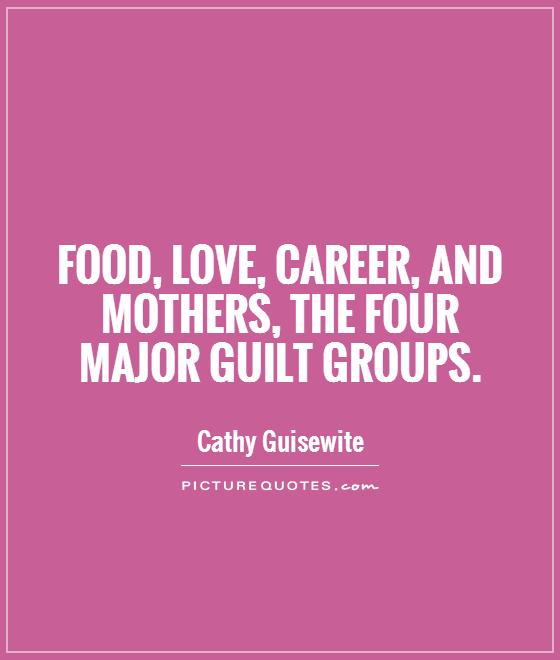
Food, love, career, and mothers, the four major guilt groups
Cathy Guisewite, the creator of the iconic comic strip "Cathy," is known for her humorous and relatable portrayal of the everyday struggles faced by women. One of the recurring themes in her work is the concept of guilt, particularly when it comes to four major areas of life: food, love, career, and mothers.Food is a common source of guilt for many people, especially women who are often bombarded with messages about dieting and body image. In her comic strip, Guisewite often depicts Cathy agonizing over her food choices, feeling guilty for indulging in a treat or for not eating healthily enough. This struggle reflects the societal pressure placed on women to maintain a certain appearance and adhere to strict dieting standards.
Love is another area where guilt can rear its head, as Cathy navigates the complexities of relationships and the expectations placed on women to be perfect partners. Guisewite's portrayal of Cathy's romantic entanglements often highlights the guilt she feels for not being able to balance her personal life with her career, or for not living up to societal expectations of what a successful relationship should look like.
Career is a major source of guilt for many women, as they juggle the demands of work and family life. Guisewite's depiction of Cathy's struggles in the workplace resonates with many readers who can relate to the pressure to excel in their careers while also fulfilling their responsibilities at home. The guilt of not being able to do it all is a common theme in the comic strip, reflecting the challenges faced by women in the workforce.
Finally, mothers are often a source of guilt for many women, as they navigate the expectations placed on them to be perfect parents. Guisewite's portrayal of Cathy's relationship with her own mother reflects the complex dynamics that can exist between mothers and daughters, and the guilt that can arise from not living up to familial expectations.
Overall, Guisewite's exploration of the four major guilt groups in her work resonates with readers who can relate to the struggles faced by women in balancing their personal and professional lives. Through humor and wit, she sheds light on the universal experience of guilt and the pressures placed on women to excel in all areas of their lives.


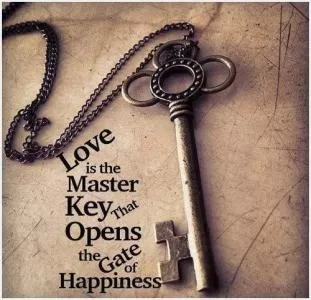
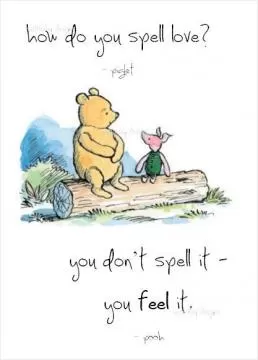
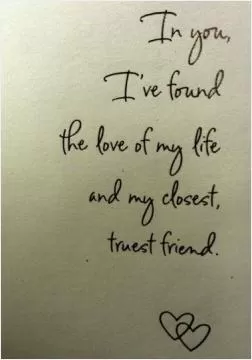
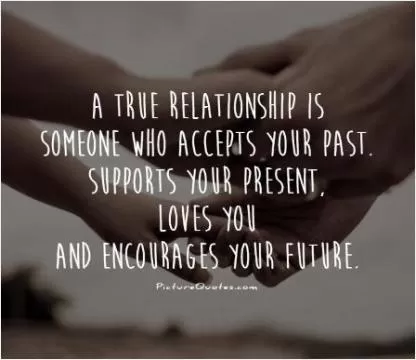


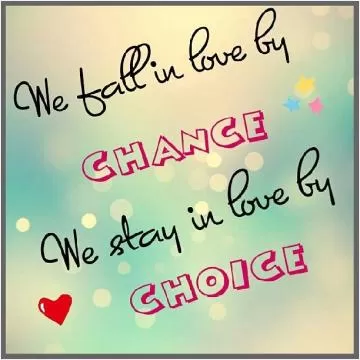
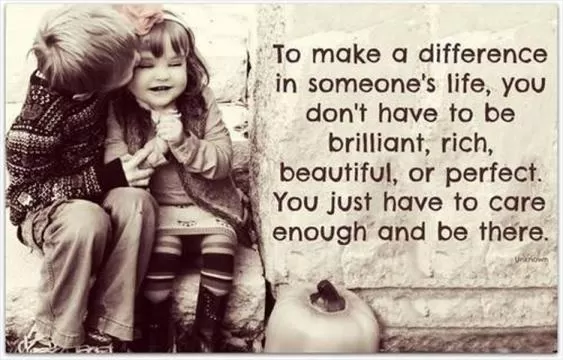
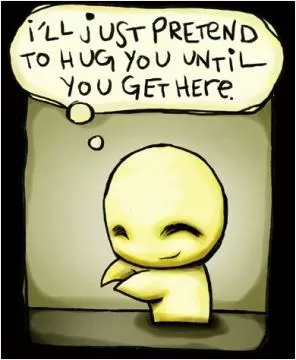
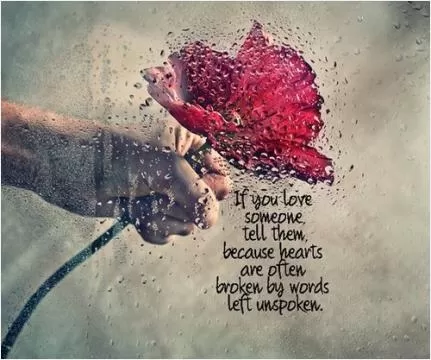
 Friendship Quotes
Friendship Quotes Love Quotes
Love Quotes Life Quotes
Life Quotes Funny Quotes
Funny Quotes Motivational Quotes
Motivational Quotes Inspirational Quotes
Inspirational Quotes